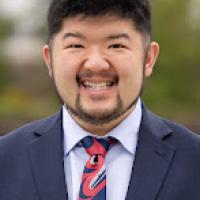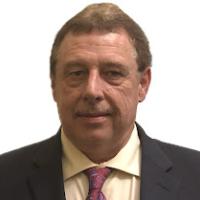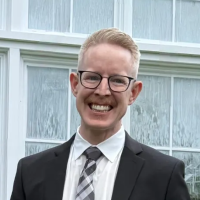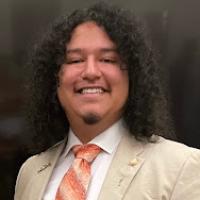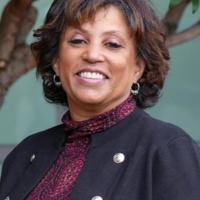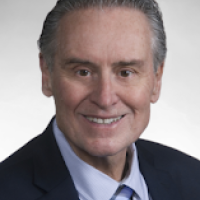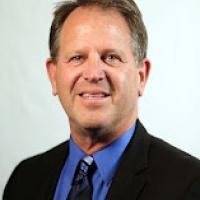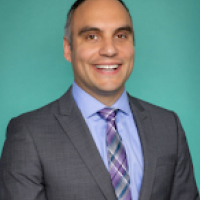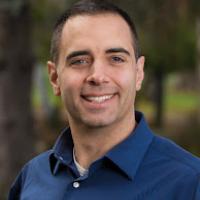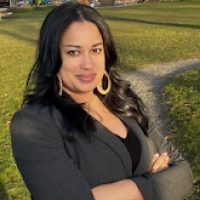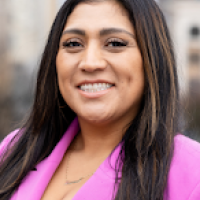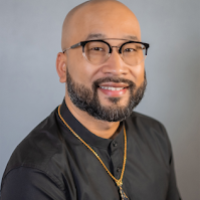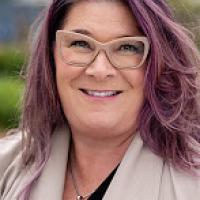Other Candidates
Several other candidates are running for Tacoma City Council, Position 6.
Jessica Johnston is running to bring "practical, compassionate leadership" to the council. Johnston currently serves as the vice president of Downtown Tacoma Partnership, chair of Tacoma's Events and Recognition Committee, the city-appointed leader of the Hilltop Business Improvement Area, and chamber ambassador for the Tacoma-Pierce County Chamber.
Her site details a long list of priorities to address, with the top three being public safety, equitable economic development, and mental health and addiction services. Johnston says that she is "proudly pro-business" and would try and reduce red tape for businesses if elected, though she isn't specific about what this would entail. Like other candidates in the race, she supports investment in non-violent crisis response teams for calls pertaining to substance abuse or mental crises. She would also invest in mobile crisis units and treatment-first programs to help those struggling on the streets. Other policy points include expanding affordable housing through mixed-income developments, advocating for more reliable public transit, and supporting living wages.
Software engineer and database administrator Todd Briske's top priority in his candidacy is to reduce 911 call times. Briske states that current efforts to counter homelessness are ineffective, and that he would want the city to divert all earmarked funds into shelter capacity and mental health services, as well as building housing priced at two times the median income and sold at cost, though it's not clear how he would incentivize builders to do so.
Lindsay Wills is a small business owner who has served on the McKinley Hill Neighborhood Steering Committee for two years and was just elected to the Eastside Neighborhood Advisory Council of Tacoma (ENACT) board in 2025. Branding herself as a "regular person who cares about local government," Wills hopes to leverage her time attending council meetings into more direct involvement in city affairs. Much of her campaign addresses the way the city is run rather than specific issue priorities. Willis wants to collaborate with the Community and Economic Development Department to identify opportunities for attracting climate-friendly businesses to the city and to serve as an advocate for small business owners, helping them streamline the city's permitting processes.
Hunter Henderson has served in several leadership positions in the community, including as a recent board member of the Hilltop Action Coalition, as well as on the boards of College Success Foundation and the Parks Tacoma Nature and Environmental Council. He currently works for the Washington State Department of Transportation as a transportation planner.
As a lifelong Tacoma resident, Henderson aims to enhance the city's port and infrastructure while consulting with residents. He aims to bring chip production to the city, attract skilled labor, create a denser tree canopy, focus on building affordable homes, and construct more roundabouts to support Mission Zero's vision of zero traffic fatalities. Specifically, he calls out the Bridge Industrial Project as one that impacts resident health and a project he would not have supported were he serving on the council.
Several other candidates are running for Tacoma City Council, Position 6.
Jessica Johnston is running to bring "practical, compassionate leadership" to the council. Johnston currently serves as the vice president of Downtown Tacoma Partnership, chair of Tacoma's Events and Recognition Committee, the city-appointed leader of the Hilltop Business Improvement Area, and chamber ambassador for the Tacoma-Pierce County Chamber.
Her site details a long list of priorities to address, with the top three being public safety, equitable economic development, and mental health and addiction services. Johnston says that she is "proudly pro-business" and would try and reduce red tape for businesses if elected, though she isn't specific about what this would entail. Like other candidates in the race, she supports investment in non-violent crisis response teams for calls pertaining to substance abuse or mental crises. She would also invest in mobile crisis units and treatment-first programs to help those struggling on the streets. Other policy points include expanding affordable housing through mixed-income developments, advocating for more reliable public transit, and supporting living wages.
Software engineer and database administrator Todd Briske's top priority in his candidacy is to reduce 911 call times. Briske states that current efforts to counter homelessness are ineffective, and that he would want the city to divert all earmarked funds into shelter capacity and mental health services, as well as building housing priced at two times the median income and sold at cost, though it's not clear how he would incentivize builders to do so.
Lindsay Wills is a small business owner who has served on the McKinley Hill Neighborhood Steering Committee for two years and was just elected to the Eastside Neighborhood Advisory Council of Tacoma (ENACT) board in 2025. Branding herself as a "regular person who cares about local government," Wills hopes to leverage her time attending council meetings into more direct involvement in city affairs. Much of her campaign addresses the way the city is run rather than specific issue priorities. Willis wants to collaborate with the Community and Economic Development Department to identify opportunities for attracting climate-friendly businesses to the city and to serve as an advocate for small business owners, helping them streamline the city's permitting processes.
Hunter Henderson has served in several leadership positions in the community, including as a recent board member of the Hilltop Action Coalition, as well as on the boards of College Success Foundation and the Parks Tacoma Nature and Environmental Council. He currently works for the Washington State Department of Transportation as a transportation planner.
As a lifelong Tacoma resident, Henderson aims to enhance the city's port and infrastructure while consulting with residents. He aims to bring chip production to the city, attract skilled labor, create a denser tree canopy, focus on building affordable homes, and construct more roundabouts to support Mission Zero's vision of zero traffic fatalities. Specifically, he calls out the Bridge Industrial Project as one that impacts resident health and a project he would not have supported were he serving on the council.
